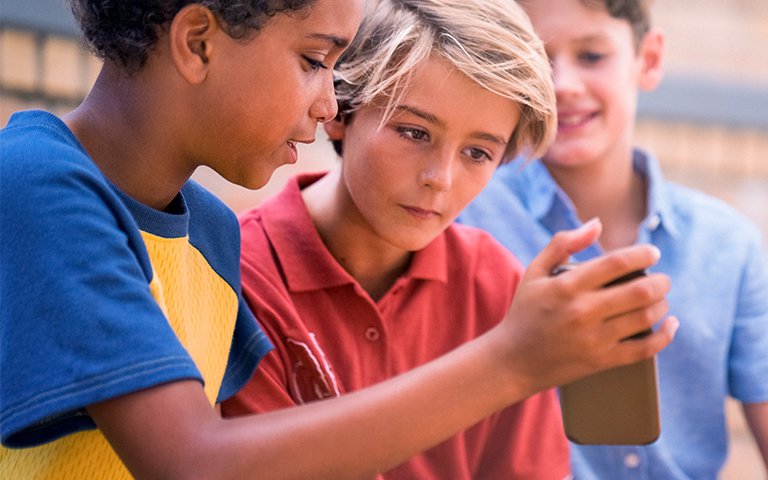
Whether we like it or not, social media use across generations has become an integral part of our lives today. The American Academy of Pediatrics identifies multiple benefits and negative effects of social media on children and teens, and the fact of the matter is that these can apply to adults across generations as well.
When shaping your own social media use, as well as that of your children, Henderson, PsyD, who treats patients using LiveHealth Online Psychology recommends some tips to be useful to consider some of the pros and cons.
Positive Ways Social Media Impacts Your Child:
- Socialization and communication: Social media means staying connected with friends and family, making new connections, and exchanging ideas can all be a benefit to online activity. Social media allows all of this to happen on a broader scale, which can extend a child’s view of themselves, their community, and the world.
- Access to information: Children and teens are more empowered to access information easily and anonymously using online resources and social media. When used correctly, this can be an excellent learning tool and way to foster independence and growth.
Negative Ways Social Media Impacts Your Child:
- Constant stimulation/distraction: “One of the factors I find most worrisome about social media is that it offers people a chance to be constantly distracted or engaged with others in a way that nearly eliminates the need to ever be truly “alone,” says Henderson, PsyD. “Learning to sit with your own thoughts, to tolerate the uncomfortable thoughts and feelings that may come up when you are not distracted, and to genuinely enjoy your own company is a valuable skill that social media can easily let us avoid learning.” The results can include poor sleep, unhealthy of coping skills, and attentional problems.
- Comparison and jealously: For the most part, we display the best parts of our lives on social media, giving the world a one-sided view of our actual reality. It’s impossible not to feel a bit jealous, which can lead us to want to post more about what is good about our own lives, leading to a cycle of unhealthy comparison and envy among our networks.
- Unsafe behaviors: Children and adolescents are at particular risk for the unsafe behaviors that the internet makes all the easier to engage in. This can include cyberbullying, online harassment, and sexual behavior.
People of all ages, not just kids, can benefit from being mindful of how they engage in social media and use the internet in their lives in general. It is critical that parents play an active role in monitoring their children’s social media use, teaching them how to use the internet safely, and having ongoing discussions about social media and their feelings about it.
Henderson suggests modeling healthy use by regulating your own internet use, evaluating whether social media is helping you meet your larger goals in life, and stepping away from activities that you have found to have a negative impact on you.
Comments and opinions are from Lindsay Henderson, PsyD, alone. She is a psychologist who treats patients using LiveHealth Online Psychology.
Recommended Posts




